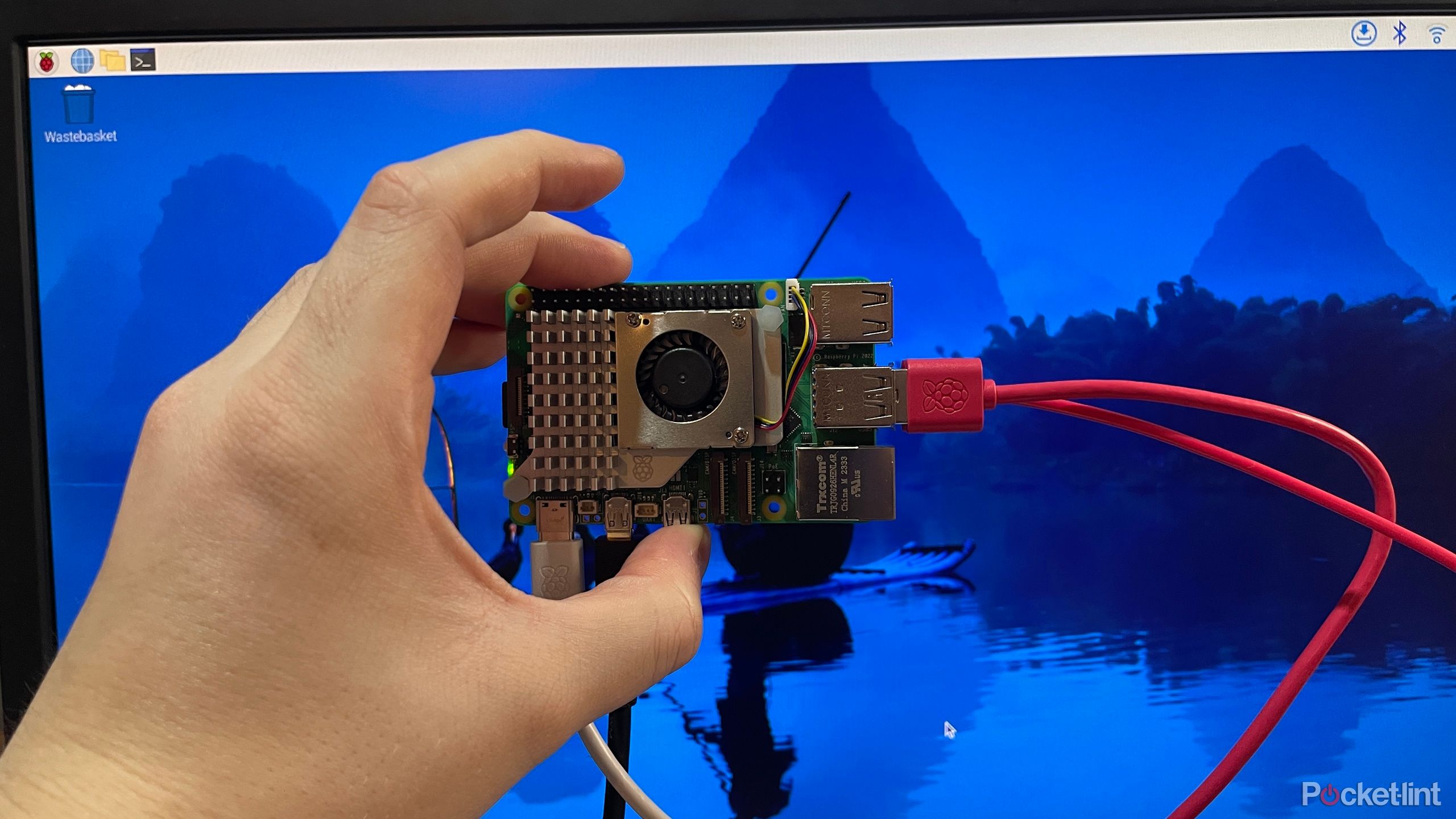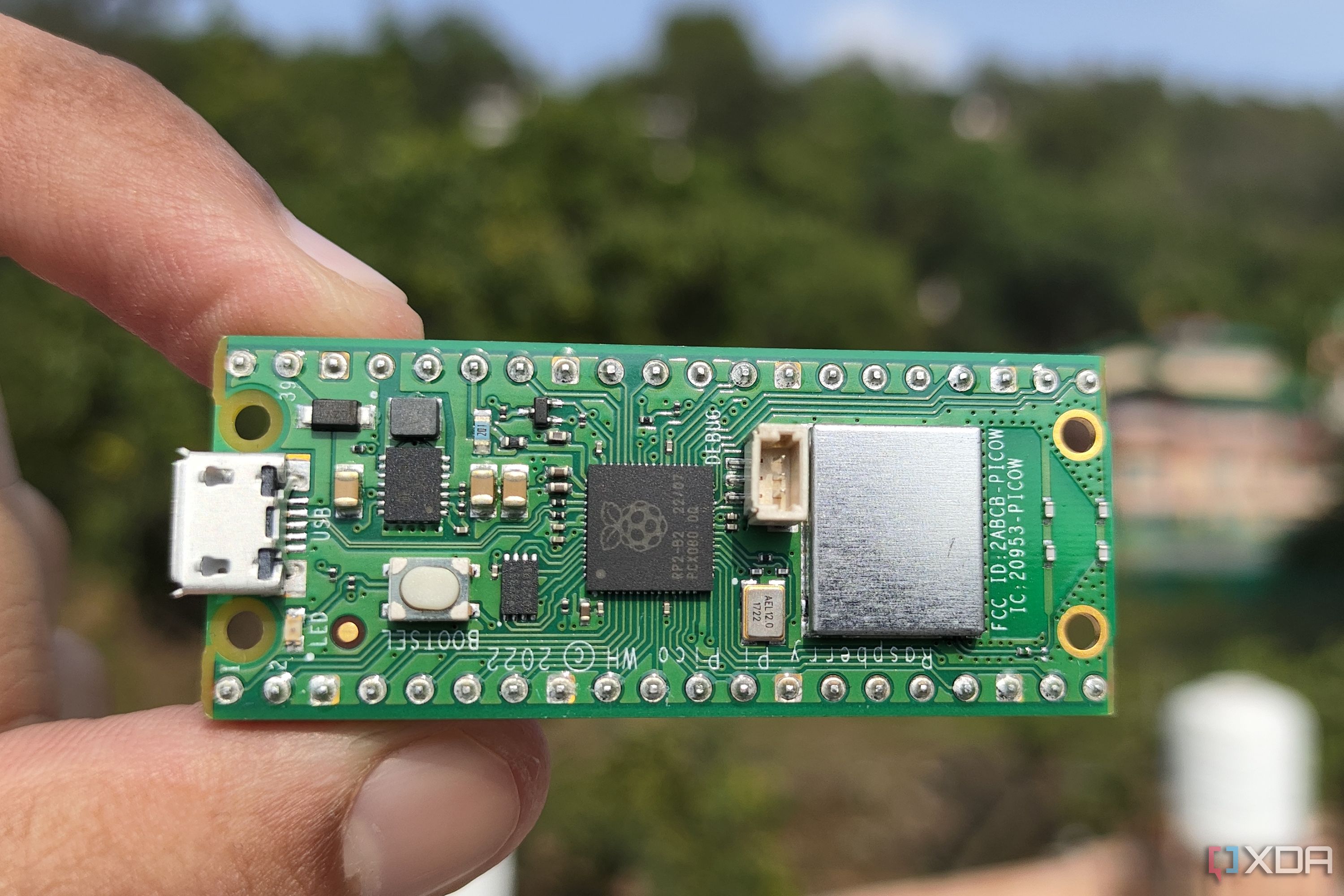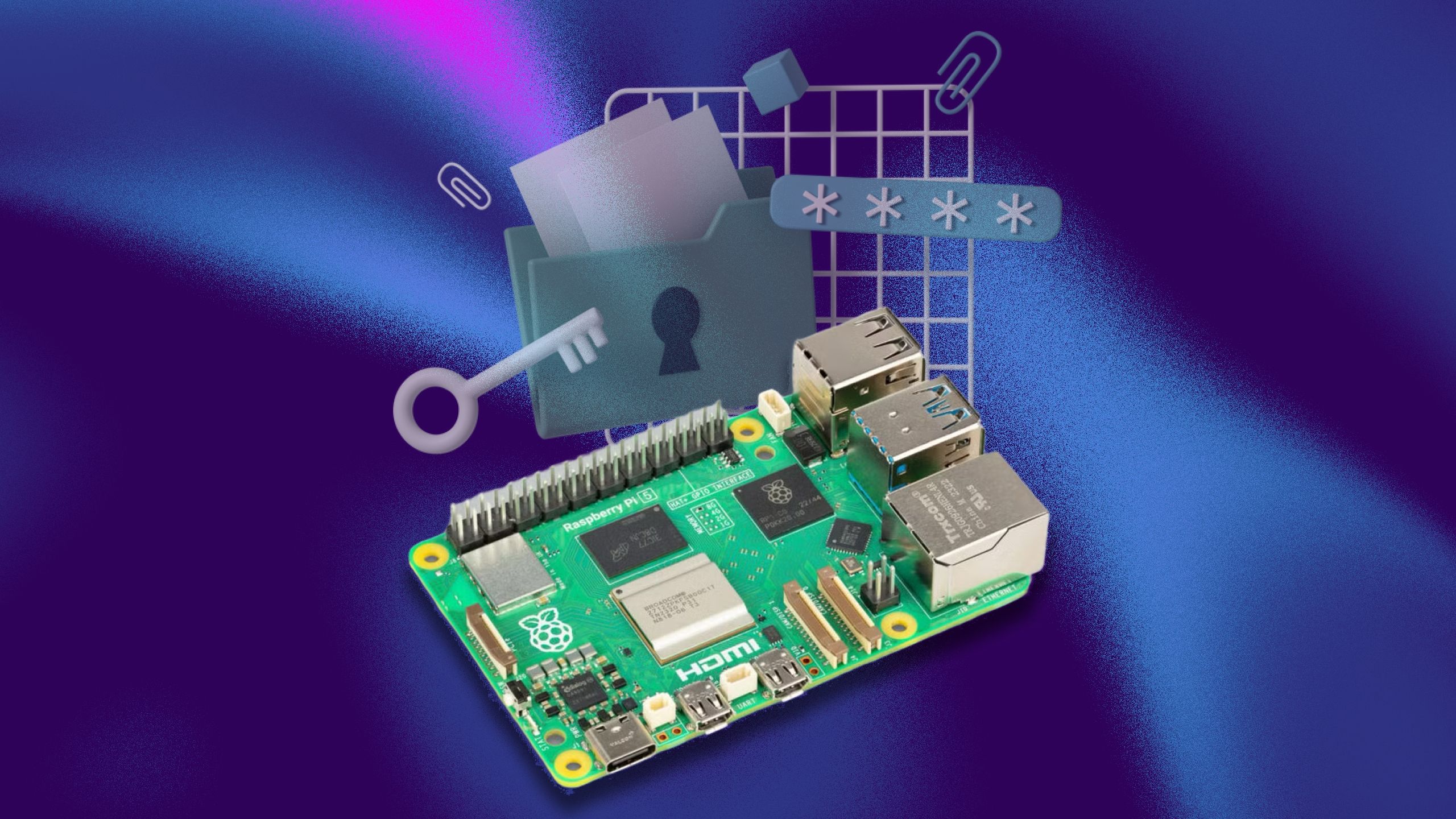As the Internet of Things (IoT) continues to revolutionize the way we interact with technology, selecting the best remote IoT platform for Raspberry Pi has become a crucial decision for developers and hobbyists alike. The Raspberry Pi, with its versatile capabilities, has emerged as a popular choice for IoT projects. However, to fully harness its potential, you need a robust platform that supports remote management and seamless integration. In this article, we'll explore the top remote IoT platforms tailored for Raspberry Pi, helping you make an informed decision.
The right platform can significantly enhance the functionality of your IoT projects. Whether you're building a smart home system, a weather monitoring station, or a remote-controlled robot, the platform you choose plays a pivotal role in ensuring reliability and scalability. By the end of this guide, you'll have a clear understanding of the best options available in the market.
This article is designed to provide valuable insights into the world of remote IoT platforms for Raspberry Pi. From detailed comparisons to expert recommendations, we aim to equip you with the knowledge needed to select the perfect platform for your specific needs. Let's dive in and discover the best solutions for your IoT projects.
Read also:Crisda Rodriguez Fashion Designer
Table of Contents
- Introduction to IoT and Raspberry Pi
- Criteria for Choosing the Best Remote IoT Platform
- Top Remote IoT Platforms for Raspberry Pi
- Comparison of Key Features
- Security Considerations for IoT Platforms
- Scalability and Performance
- Cost Analysis of IoT Platforms
- Use Cases for Raspberry Pi IoT Projects
- Conclusion and Recommendations
Introduction to IoT and Raspberry Pi
The Internet of Things (IoT) refers to the network of interconnected devices that can communicate and exchange data without human intervention. The Raspberry Pi, a credit-card-sized single-board computer, has become a favorite among developers for its affordability and flexibility. When combined with a remote IoT platform, the Raspberry Pi can serve as the brain of countless smart devices.
Remote IoT platforms enable users to manage, monitor, and control IoT devices from anywhere in the world. This capability is particularly valuable for projects that require real-time data processing and automation. By leveraging the power of cloud computing, these platforms provide a scalable infrastructure for IoT applications.
Criteria for Choosing the Best Remote IoT Platform
Selecting the right remote IoT platform involves evaluating several key factors. These include compatibility with Raspberry Pi, ease of use, security features, scalability, and cost-effectiveness. Below are the essential criteria to consider:
- Compatibility with Raspberry Pi hardware and software
- Comprehensive documentation and community support
- Integration with third-party services and APIs
- Reliable security protocols to protect sensitive data
- Affordable pricing plans suitable for both hobbyists and enterprises
Top Remote IoT Platforms for Raspberry Pi
Platform 1: AWS IoT Core
AWS IoT Core is a powerful cloud-based platform designed for IoT applications. It allows seamless integration with Raspberry Pi and offers features like device management, data analytics, and machine learning capabilities. AWS IoT Core supports MQTT, HTTP, and WebSockets protocols, making it highly versatile for various IoT projects.
Key Features:
- Secure device communication with end-to-end encryption
- Scalable infrastructure to handle millions of devices
- Integration with AWS Lambda for serverless computing
Platform 2: Microsoft Azure IoT
Microsoft Azure IoT provides a comprehensive suite of tools for building and managing IoT solutions. With Azure IoT Hub, developers can easily connect and manage Raspberry Pi devices remotely. The platform also supports advanced analytics and artificial intelligence capabilities, enabling users to derive actionable insights from their data.
Read also:Allyiah Gainer
Key Features:
- Real-time data processing with Azure Stream Analytics
- Device provisioning and management services
- Enterprise-grade security and compliance
Platform 3: Google Cloud IoT Core
Google Cloud IoT Core offers a robust platform for IoT applications, leveraging the power of Google Cloud's infrastructure. It provides seamless integration with Raspberry Pi and supports MQTT and HTTP protocols. The platform also integrates with BigQuery and TensorFlow for advanced data analysis and machine learning.
Key Features:
- Device registry for secure device management
- Real-time data streaming and storage
- Scalable architecture for large-scale deployments
Platform 4: ThingsBoard
ThingsBoard is an open-source IoT platform that provides a flexible and cost-effective solution for Raspberry Pi projects. It supports device telemetry, data visualization, and rule engine capabilities. With its user-friendly interface, ThingsBoard is ideal for both beginners and experienced developers.
Key Features:
- Customizable dashboards for data visualization
- Support for MQTT, CoAP, and HTTP protocols
- Integration with third-party services like AWS and Azure
Platform 5: Cayenne IoT
Cayenne IoT is a cloud-based platform that simplifies IoT development with its drag-and-drop interface. It provides pre-built widgets and templates, making it easy to set up and manage Raspberry Pi projects. Cayenne IoT also offers real-time monitoring and notification features, ensuring you stay informed about your devices.
Key Features:
- Intuitive dashboard for device management
- Support for multiple communication protocols
- Free tier for hobbyists and small-scale projects
Comparison of Key Features
When comparing the top remote IoT platforms for Raspberry Pi, it's important to evaluate their key features and capabilities. Below is a summary of the platforms discussed:
- AWS IoT Core: Best for enterprise-level projects requiring advanced analytics and machine learning.
- Microsoft Azure IoT: Ideal for organizations leveraging the Microsoft ecosystem for cloud services.
- Google Cloud IoT Core: Suitable for projects requiring seamless integration with Google Cloud services.
- ThingsBoard: Perfect for cost-conscious developers seeking an open-source solution.
- Cayenne IoT: Great for beginners and hobbyists looking for an easy-to-use platform.
Security Considerations for IoT Platforms
Security is a critical aspect of any IoT project. With remote IoT platforms, it's essential to ensure that your devices and data are protected from unauthorized access. Key security considerations include:
- End-to-end encryption for secure communication
- Device authentication and authorization mechanisms
- Regular software updates and patches to address vulnerabilities
Platforms like AWS IoT Core and Microsoft Azure IoT offer robust security features, making them ideal choices for projects handling sensitive data.
Scalability and Performance
As your IoT project grows, the ability to scale your platform becomes increasingly important. Remote IoT platforms like AWS IoT Core and Google Cloud IoT Core are designed to handle millions of devices, ensuring smooth performance even at large scales. When evaluating scalability, consider factors such as:
- Device capacity and throughput limits
- Latency and response time for real-time applications
- Cost implications of scaling up your infrastructure
Cost Analysis of IoT Platforms
The cost of remote IoT platforms can vary significantly depending on the features and services offered. While some platforms, like Cayenne IoT, provide a free tier for hobbyists, others like AWS IoT Core and Microsoft Azure IoT offer pay-as-you-go pricing models. Key cost considerations include:
- Monthly subscription fees for platform usage
- Data transfer and storage costs
- Additional charges for advanced features like machine learning
It's important to assess your budget and select a platform that aligns with your financial constraints.
Use Cases for Raspberry Pi IoT Projects
The versatility of Raspberry Pi makes it suitable for a wide range of IoT projects. Below are some popular use cases:
- Smart Home Automation: Control lights, thermostats, and security systems remotely.
- Environmental Monitoring: Monitor air quality, temperature, and humidity levels in real-time.
- Industrial IoT: Implement predictive maintenance and asset tracking in manufacturing facilities.
- Healthcare IoT: Develop remote patient monitoring systems and wearable devices.
With the right remote IoT platform, you can bring these ideas to life and create innovative solutions.
Conclusion and Recommendations
In conclusion, selecting the best remote IoT platform for Raspberry Pi requires careful consideration of your project requirements and budget. Platforms like AWS IoT Core, Microsoft Azure IoT, and Google Cloud IoT Core offer enterprise-grade solutions with advanced features, while ThingsBoard and Cayenne IoT provide cost-effective alternatives for hobbyists and small-scale projects.
We encourage you to explore the options discussed in this article and choose the platform that best suits your needs. Don't forget to share your thoughts and experiences in the comments section below. For more insightful content, feel free to explore other articles on our website.
References:
- AWS IoT Core Documentation: AWS IoT Core
- Microsoft Azure IoT Hub: Azure IoT Hub
- Google Cloud IoT Core: Google Cloud IoT Core
- ThingsBoard Documentation: ThingsBoard
- Cayenne IoT Platform: Cayenne IoT


